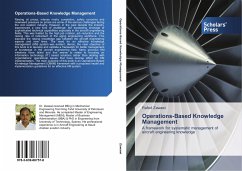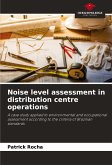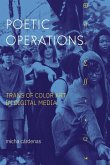Raising oil prices, intense rivalry completion, safety concerns and downward pressure on prices are some of the serious challenges facing the civil aviation industry. However, in the past decade the industry experienced a new kind of challenge; the escalading shortage of sophisticated technical capabilities especially in the aircraft engineering fields. This was fuelled by the high job rotation, job reduction and the raising rate of retirement of the aging engineering workforce. This exposed the raising knowledge gap between the aircraft engineering experts and new hires. The need for an effective knowledge management (KM) system was evident. Hence, the main objective of this book is to develop and validate a framework for better management of knowledge in the aircraft engineering field. Many previous KM initiatives have failed and that seems to relate to focusing on information technology (IT) based solutions rather than dealing with organizations operational issues that have diverse effect on KM implementation. The main outcome of this book is an Operations-Based Knowledge Management (OBKM) framework with a proposed model and implementation guidelines for an effective KM system.
Bitte wählen Sie Ihr Anliegen aus.
Rechnungen
Retourenschein anfordern
Bestellstatus
Storno








